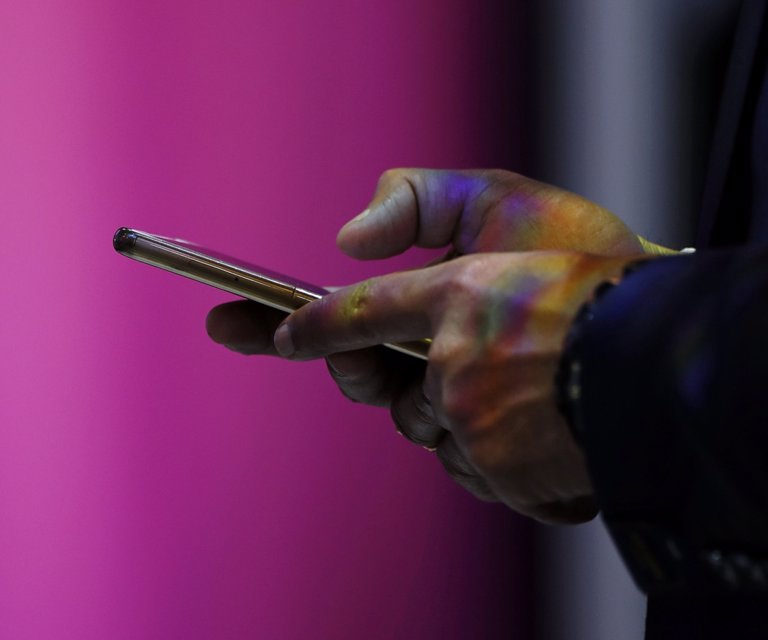Online on 12/27/2020 at 6:28 pm
Health. Oncologist at Rouen University Hospital, Professor Pierre Michel is able to draw an initial assessment of the consequences of the first confinement on the patients.
<!–

The health crisis caused by the surge of the new coronavirus across the world has had an impact on all other pathologies. Deprogramming of non-urgent operations, delays in screening, stopped treatments … In “hot” conditions, the medical profession had to make decisions to throw all its forces into the battle against Covid-19 and to protect caregivers.
During episode I of containment, the Cooperative Groups in Oncology (GCO) carried out a prospective study at the national level [du 2 avril au 30 juin 2020] with 11,289 cancer patients. Objective of this study: to measure the impact of a diagnosis of Covid-19 on cancer treatment.
Professor Pierre Michel, a digestive cancer specialist at Rouen University Hospital, was impatiently awaiting the results of this study in order to be able to continue to treat cancer patients in the best possible way. It retains three major points from this field study carried out with around one hundred health establishments.
The Covid without mercy with the most fragile
This is the teaching n ° 1 of this study, the Covid-19 infection: “patients who fight against cancer develop a serious form when they are infected with Covid. When a patient has a life expectancy of six months, removing four from him because he contracts the new coronavirus is a lot. The figures are clear: 424 cancer patients (33%) had a severe form of Covid-19, 370 (29%) have died.
Continue treatment
Contrary to what had been suggested initially, anticancer treatments have not revealed harmful effects on the evolution of Covid-19. However, nearly 40% of patients have interrupted or stopped their treatment. “It is the rather reassuring news that has fallen, the treatments used against cancer do not increase the risk of developing a serious form of Covid-19”, retains Professor Michel. “We were very careful during the first confinement. Today, we suspend treatment when the patient is feverish. But as soon as the fever episode is under control, we resume treatment. “
Priority screening
When the government asked the French to stay at home in the spring, they followed suit. And despite the possible exits to go to a medical appointment, many of our fellow citizens preferred to cancel and / or postpone a visit to their city doctor and / or a specialist. This very – too – great caution has had a devastating effect on diagnoses. “We have recorded a collapse in screening. I have the example at the head of a hospital in the Grand Est, at the forefront in the fight against digestive cancers, which has seen its screening activity decline by 86%. There is a risk of having to observe in the years to come an excess mortality linked to delays in making the first diagnosis. “Professor Michel makes the same appeal again:” Do not postpone the screenings that are offered to you. Continue to consult your general practitioner, continue the treatment prescribed for you. The specialist from Rouen University Hospital would like to reassure all patients. “The hospital has been organized since the first wave. The fitness trails are well signposted. The nursing staff have all the protective equipment. And Covid-19 tests are very easy to obtain. “
— .

